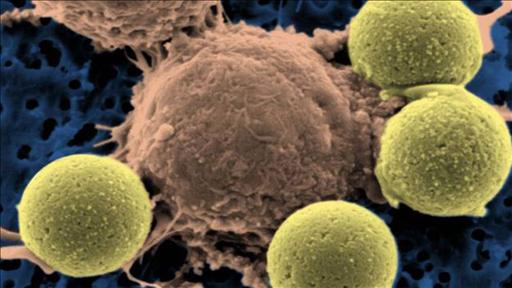A new form of cancer treatment has resulted in five patients experiencing complete remission of their disease with no detectable cancerous cells.
The patients had all experienced a serious relapse of a form of cancer of the white blood cells, called B-cell acute lymphoblastic leukaemia, before they received transfusions of their own immune cells that had been genetically modified with an extra cancer-fighting gene.
Doctors treating the patients said that the results of the early-stage trial demonstrate that it may be possible to use the gene-therapy technique to control cancers in relapsed patients so that they can undergo a bone-marrow transplant with a donor’s blood stem cells, leading to a complete cure.
The patients had initially undergone chemotherapy to control their cancers but, as so often happens, the disease returned and could not be treated further by the same approach because the cancerous cells had developed resistance to the drugs.
Scientists at the Memorial Sloan-Kettering Cancer Centre in New York developed a form of targeted immunotherapy based on inserting an additional gene into the patients’ white blood cells that enabled these cells to identify and destroy any cancerous cells circulating in the bloodstream.
Michel Sadelain, director of the Memorial Sloan-Kettering, said the findings were very exciting and a major achievement in the field of targeted immunotherapy.
Four of the patients’ leukemia became undetectable in 18 to 59 days. One patient achieved the remission eight days after treatment – a dramatic result considering that several of the patients had bone marrow “chock full of leukemia,” Sadelain said.

